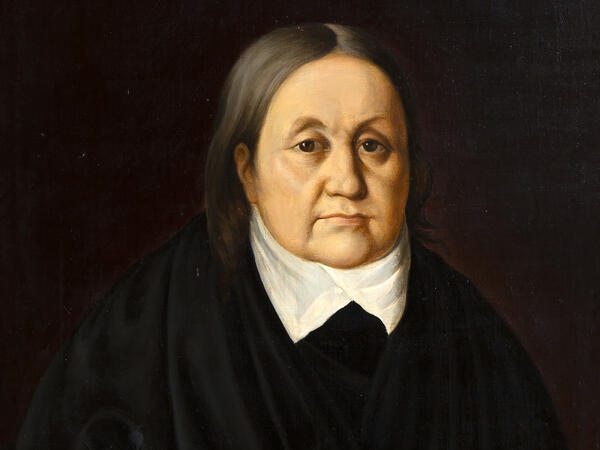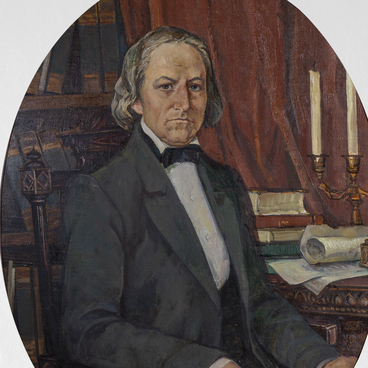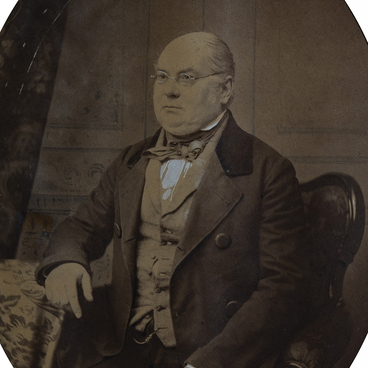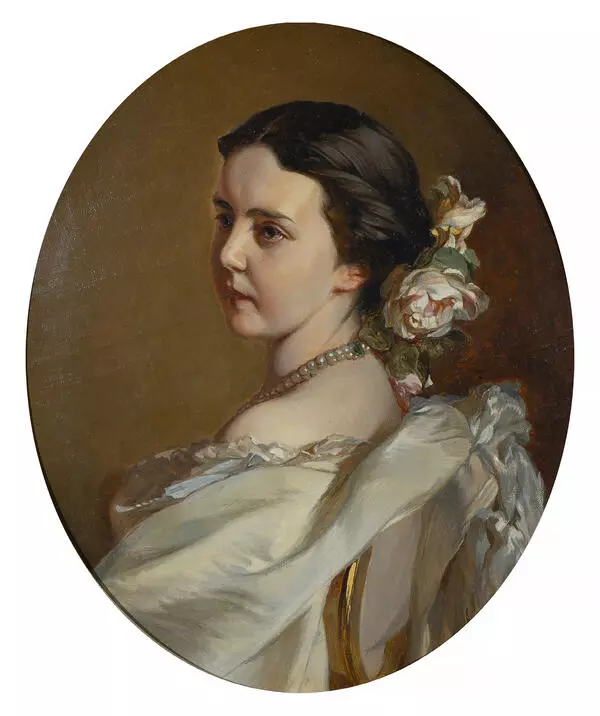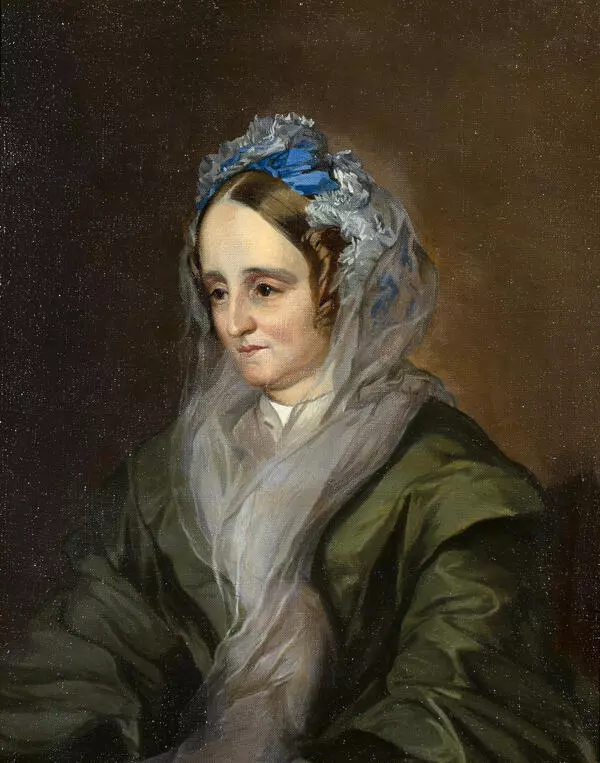Nadezhda Sheremeteva was Fyodor Tyutchev’s paternal aunt. She married a retired guard lieutenant captain, the great-nephew of the famous field marshal Boris Sheremetev. They settled in his estate. This marriage was happy, but short. In 1808, Vasily Sheremetev died in an accident, and the widow, who at that time was 32 years old, was left alone with three children to raise. Subsequently, Nadezhda made annual pilgrimages to her husband’s grave near the Trinity Church in the Zvenigorod district. The early tragic death of her husband only strengthened her religiosity.
After she had recovered from her grief, caring for people soon became her life’s work. “All her life, perhaps a little fussily, ” writes one of her descendants, “but non-obtrusively, she cared about various people, ” either placing a child or an elderly woman in a hospital, or visiting a mother who had lost her son. She was entrusted with significant funds for a wide variety of charitable activities.
From the beginning of 1816, Sheremeteva and her children settled in the house of her brother Ivan, the father of the poet Fyodor Tyutchev, in the Armyansky lane in Moscow. Sheremeteva moved to Moscow move her son Alexei was admitted to the military School of Column Guides.
Fyodor Tyutchev grew up in close contact with the Sheremetevs. Nadezhda Sheremeteva was an educated woman, who kept correspondence with the poet Vasily Zhukovsky, and considered the philosopher Pyotr Chaadayev to be among her friends. She did a lot to educate the grandchildren and children of the Decembrist Ivan Yakushkin. She also regularly exchanged letters with him.
In 1840, Nadezhda Sheremeteva met Nikolai Gogol. From 1842, they met frequently at the Aksakovs' house in Moscow. Since that time, the correspondence between Gogol and Sheremeteva began, which lasted for eight years until her death. Gogol’s 43 letters to her and 47 reply letters have survived to the present day. Deeply religious, Sheremeteva strongly influenced Gogol’s religious worldview. He called her his “spiritual mother”, and according to Sergei Aksakov, she “loved Gogol like a mother”.
After she had recovered from her grief, caring for people soon became her life’s work. “All her life, perhaps a little fussily, ” writes one of her descendants, “but non-obtrusively, she cared about various people, ” either placing a child or an elderly woman in a hospital, or visiting a mother who had lost her son. She was entrusted with significant funds for a wide variety of charitable activities.
From the beginning of 1816, Sheremeteva and her children settled in the house of her brother Ivan, the father of the poet Fyodor Tyutchev, in the Armyansky lane in Moscow. Sheremeteva moved to Moscow move her son Alexei was admitted to the military School of Column Guides.
Fyodor Tyutchev grew up in close contact with the Sheremetevs. Nadezhda Sheremeteva was an educated woman, who kept correspondence with the poet Vasily Zhukovsky, and considered the philosopher Pyotr Chaadayev to be among her friends. She did a lot to educate the grandchildren and children of the Decembrist Ivan Yakushkin. She also regularly exchanged letters with him.
In 1840, Nadezhda Sheremeteva met Nikolai Gogol. From 1842, they met frequently at the Aksakovs' house in Moscow. Since that time, the correspondence between Gogol and Sheremeteva began, which lasted for eight years until her death. Gogol’s 43 letters to her and 47 reply letters have survived to the present day. Deeply religious, Sheremeteva strongly influenced Gogol’s religious worldview. He called her his “spiritual mother”, and according to Sergei Aksakov, she “loved Gogol like a mother”.

